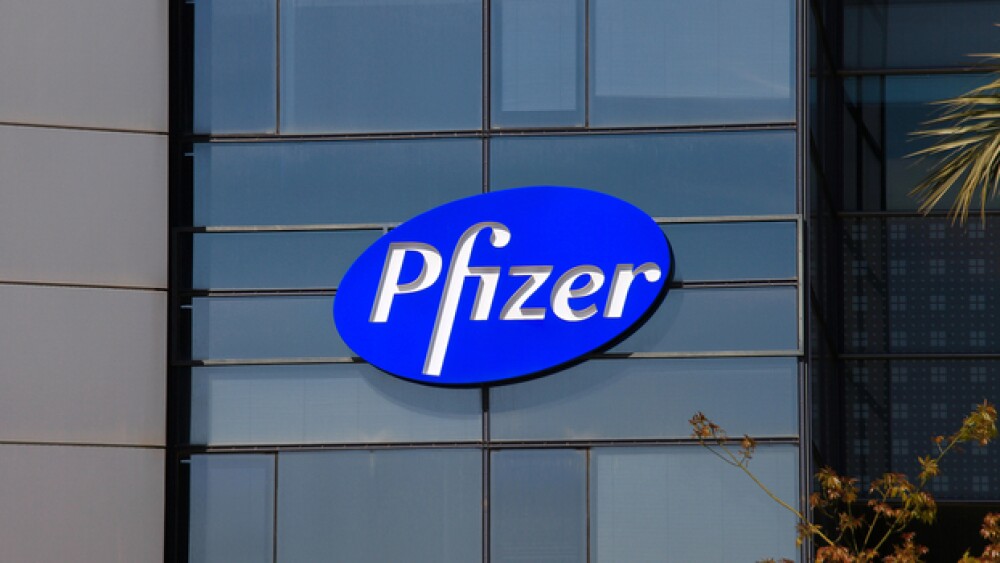Pfizer and Eli Lilly and Company announced top-line results from a Phase III clinical trial of two doses of tanezumab in moderate-to-severe osteoarthritis (OA) of the hip or knee.
StockStudio / Shutterstock.com
Pfizer and Eli Lilly and Company announced top-line results from a Phase III clinical trial of two doses of tanezumab in moderate-to-severe osteoarthritis (OA) of the hip or knee. The results were mixed, with the 5 mg dose meeting two of the three co-primary efficacy endpoints but missing on the patients’ overall assessment of their OA. In the 2.5 mg cohort, patients didn’t describe a statistically significant improvement in pain, physical function or overall assessment.
The tanezumab arms also had more safety events compared to patients receiving nonsteroidal anti-inflammatory drugs (NSAIDs). There were also 10 deaths in the study, nine being in the tanezumab cohort. None of these were believed to be treatment-related.
Tanezumab is a new category of pain drugs that target nerve growth factor. It has been projected as a possible blockbuster, particularly in light of the pushback against opioids due to abuse. The lower dose does not appear to be useful, although the higher dose, despite not meeting patient assessments, showed a statistically significant improvement in pain and physical function compared to NSAIDs at the 16-week mark.
Tanezumab is a monoclonal antibody that selectively targets, binds to and inhibits NGF. NGF levels are high in the body as a result of injury, inflammation or chronic pain. It hasn’t shown any risk of addiction, misuse or dependence. The U.S. Food and Drug Administration (FDA) granted the drug Fast Track designation for OA and chronic low back pain in June 2017.
“We are analyzing these findings in the context of the recent Phase III results as we assess potential next steps for tanezumab,” stated Ken Verburg, tanezumab development team leader, Pfizer Global Product Development. “We plan to review the totality of data from our clinical development program for tanezumab with regulatory authorities.”
In the trial, 3,021 patients were randomized 1:1:1 to receive either tanezumab 2.5 mg every eight weeks, tanezumab 5 mg every eight weeks, or oral NSAIDs, either naproxen 500 mg, celecoxib 100 mg or diclofenac Extended Release 75 mg, twice a day over the entire 56-week treatment period. There was also a 24-week safety follow-up.
Patients who participated had inadequate pain relief or intolerance to acetaminophen and either tramadol or opioids or were unwilling to take opioids. They were on a stable dose of NSAID before being screened for the trial and had experienced at least some benefit from stable NSAID treatment during the period before being divided into the randomized groups. Patients had suffered from OA on average about eight years and had baseline Western Ontario and McMaster Universities Osteoarthritis Index (WOMAC) pain scores of seven out of 10. They also indicated at the beginning of the trial that their pain had a significant impact on their ability to function in everyday life.
Pfizer originally picked up the drug in 2006 when it acquired Rinat Neurosciences. It halted development in 2010 when some patients required hip replacements. In 2012, an FDA advisory committee supported the continuation of development with the addition of more safety precautions.
Both companies’ shares dropped a bit in after-hours trading, Lilly down by 2% and Pfizer down 1%.
Christi Shaw, president of Lilly Bio-Medicines, stated, “Lilly and Pfizer recognize the significant unmet needs for patients living with osteoarthritis. We are committed to understanding these results for people who suffer from chronic pain.”





